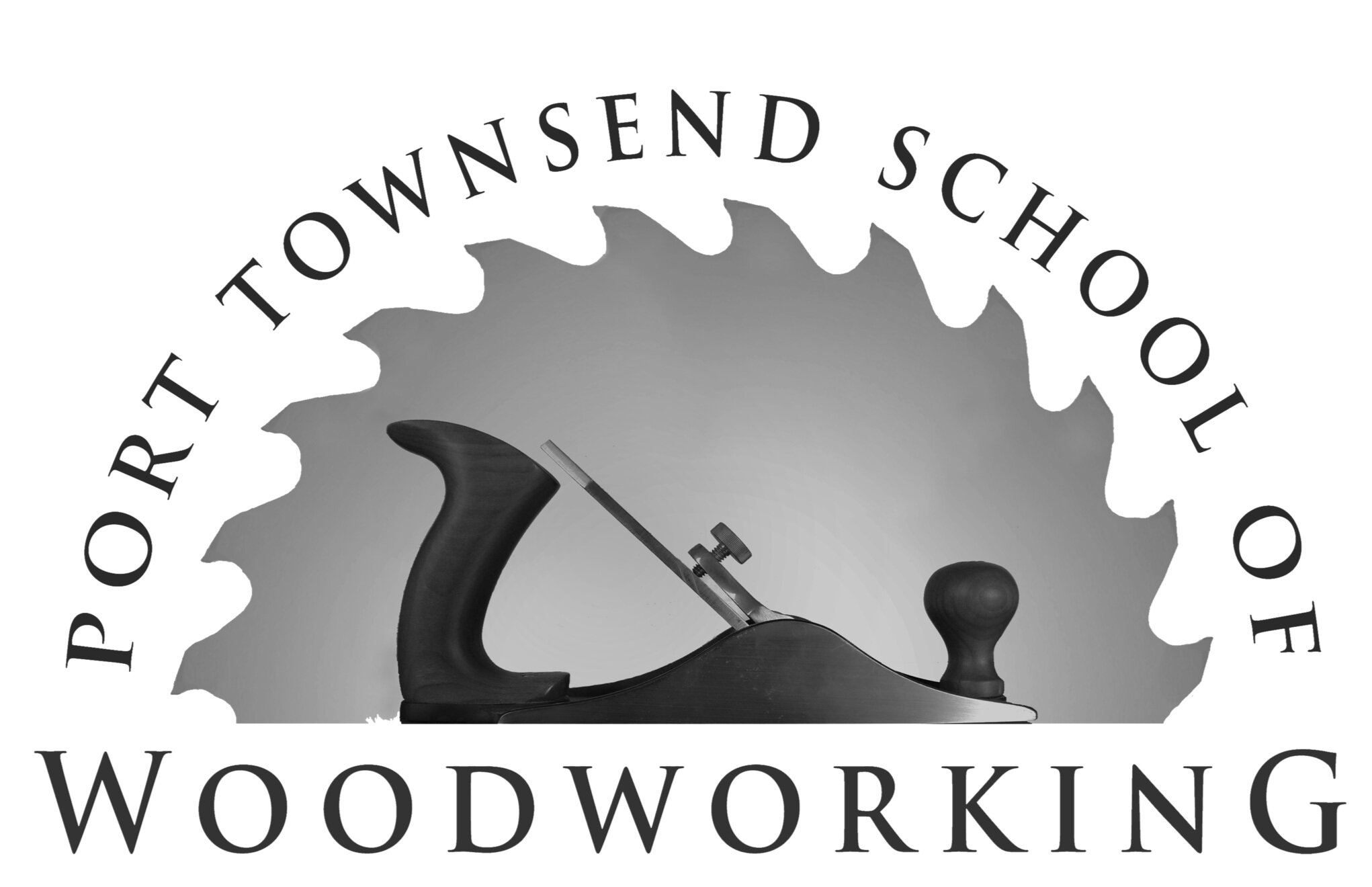Tlingit Paddle Carving: Canoe axáa
5 Days, Open To All
Fall 2024
December 2-6
Canoe axáa “paddles” play a central role in many maritime Northwest Coast traditions. In Tlingit society they articulate travel both physical and metaphorical; they are used for the practical purpose of rowing but also in ceremonial dance and symbolic acts and events such as entering another peoples’ territory.
Covering the history, culture and technical skills of both carving and formline design, this class seeks to build connections and understanding of one of the most iconic art forms of the Pacific Northwest First Nations people. Come celebrate this functional artwork in an intimate setting.
In this five-day workshop, you will learn to carve, sand, paint and oil a paddle made of yellow cedar. All paddles will be fully functional and will range from three to five feet in length depending on personal preference. James will include demonstrations on the traditional use of tools in addition to carving instruction. Students will learn about both traditional and contemporary pigments used to adorn the paddles, employing Northwest Coast formline drawing and painting techniques. As formline design can be quite complex and time consuming, James will develop a formline design that can be transferred and individually painted on your paddle. This course will cover a broad range of techniques and skills, and it is well suited to both complete beginners and advanced carvers.
Instructor James Johnson was born and raised in Juneau, Alaska. He belongs to the Tlingit Ch’áak’ Dakl’aweidi Clan (Eagle Killer Whale). James's great-great-grandfather was Chief Gusht’eiheen (“Spray off the Dorsal Fin”) of the Dakl’aweidi of the Xutsnoowú Kwáan (Angoon, Alaska). His great-grandfather was Chief Jimmy Johnson, and his grandfather was Chief Peter Johnson, whom he is named after: James Peter Johnson. James’s strong ancestral history led him to pursue the Tlingit art form. His late father, Franklin Johnson, first encouraged him to begin carving. James has now dedicated his life to perpetuating the Tlingit art form, honoring his ancestors through his work.
Tools:
Required:
Straight elbow adze
Example: http://www.kestreltool.com/store/sitka-straight-adze-1
Straight knife
Example: http://www.kestreltool.com/store/northwest-coast-straight-knife
Bent knife
Example: “H bend” http://www.kestreltool.com/store/kestrel-crooked-knife
In the interest of keeping the barrier to access low, we are only requiring three basic tools to get started. If you have any other carving tools, please bring them along. There are many blacksmiths now making and selling Northwest Coast Salish-style carving tools. Most are made to order so make sure to place your order as early as possible so that you have your tools by the start of class. Some of the tools can also be made with simple techniques, especially if you have any experience working with metal. Here is a tutorial on how to make a bent knife. http://www.speakingcedar.com/in-depth-tools.html
If you have questions about tools, feel free to email us at info@ptwoodschool.org.
Prerequisites
Open to all. While this class is open to all skill levels, it does involve moderate hand strength and stamina. We will emphasize safe working practices as you will be working with very sharp knives and adzes.
Class Information and Registration
Classes run 9:00 am to 5:00 pm Monday through Friday in Building 304 at Fort Worden. Map
Please read our What to Expect page for general information about the School.
Please also read our Registration Policy.
If the class is full, please sign up for the wait list.
Class size: 12
Cost: $895
Materials Charge: $100




